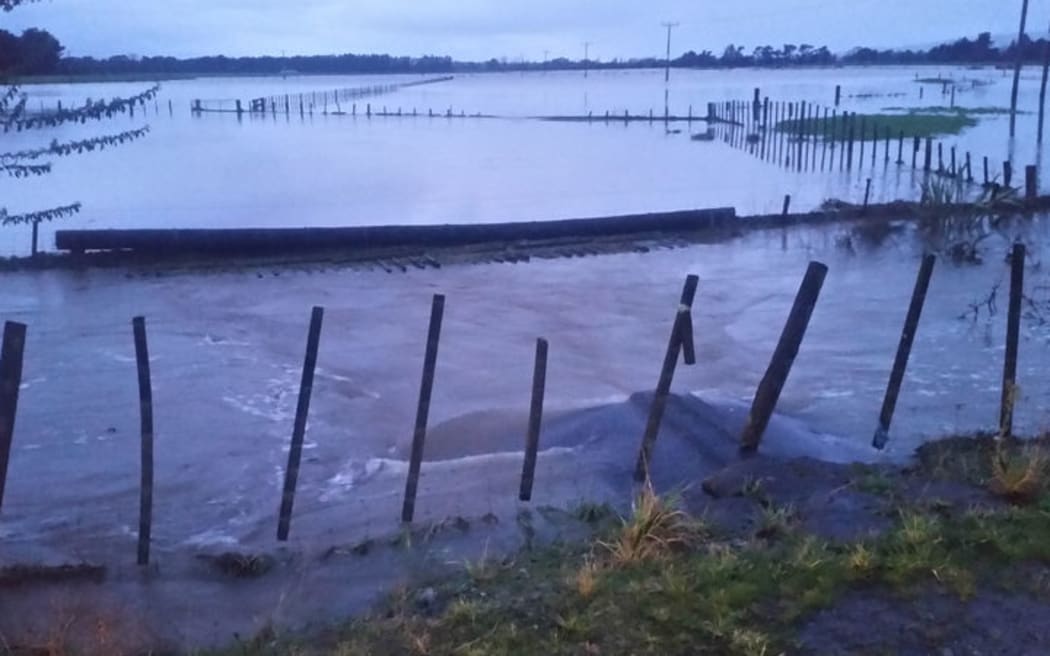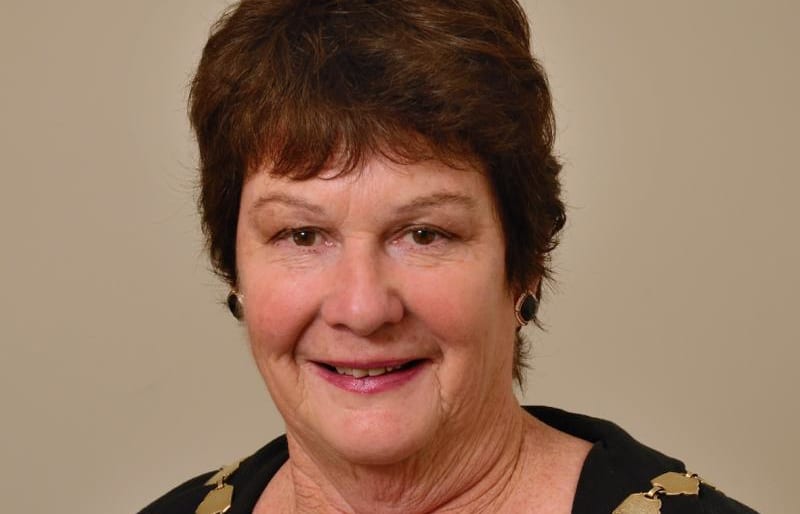Wairarapa residents living in flood-prone areas are confused and angry about a proposal to change the way they pay for flood protection.

Photo: RNZ/Jacob McSweeny
Greater Wellington Regional Council wants to change the rating system so those who benefit most from flood protection pay 70 percent of the cost, with the remaining 30 percent covered by all other ratepayers. Now it is roughly split in half.
Greytown man John Boon represents 200 locals worried about how the regional council plans to fund flood protection in the Waiohine catchment over the next ten years.
"There is a great concern that if it does go through it will radically change the cost of living to such a level that it may actually force people from their homes."
The proposed changes came without warning, he said.
"Our concern is that this has been very, very poorly communicated. The vast majority of people in the Wairarapa had no idea this was going on."
South Wairarapa District Council mayor Viv Napier agreed, and said she and her council had no idea the change was coming.
"I don't think our community's been given enough chance to understand the full repercussions of it."
The Wairarapa Committee of all three of the region's councils could have discussed the proposal first.
Ms Napier was worried more big ticket items would come up that they would have to pay a bigger portion of.

South Wairarapa District Council mayor Viv Napier. Photo: Supplied.
In a written submission to the regional council, South Wairarapa District Council said the rate increase in the first year could be between $63 and $2,565 for a large farming operation.
Greater Wellington Regional Council chair Chris Laidlaw conceded the council could have given the community more information and time but that it was logical to include it in the long term plan process.
He listened to people in Carterton making submissions against the rates' change on Tuesday.
" A lot of people got stuff off their chest which was good, and we've promised to take that into account.
"We're going to have a look into this and see if there's some way we can accommodate some of the views."
The proposal was in line with Local Government Act, and what other councils in New Zealand were doing.
Mr Laidlaw agreed it was a confusing policy.
"If you're rejigging the distribution of the weighting load [of rates] then it changes for all sorts of people. Partly because it's subdivided into river catchments, private property rates, what's paid by a whole community ... so you've got a whole spectrum of elements in the equation"
The council's 10-Year Plan will be finalised by the end of June.


